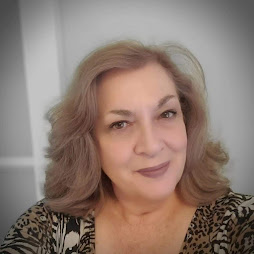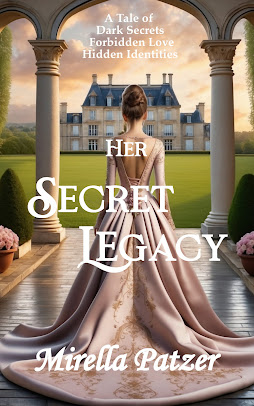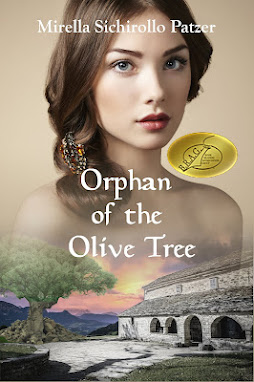MEMORIES OF ANASTASIA
 When
I wrote Anastasia ten years ago there was still a lingering doubt about
whether she had survived the botched execution in which the rest of her
family were murdered. What was more certain was that the man who
organised this bloody episode, Yakov Yurovsky, was a couple of cadres
short of the full committee. He must have been off sick when they did
Assassination 101 at Secret Police School.
When
I wrote Anastasia ten years ago there was still a lingering doubt about
whether she had survived the botched execution in which the rest of her
family were murdered. What was more certain was that the man who
organised this bloody episode, Yakov Yurovsky, was a couple of cadres
short of the full committee. He must have been off sick when they did
Assassination 101 at Secret Police School.
On
his orders, the family were herded into a basement and shot with
revolvers through the doorway by him and his men, the gunpowder from
their revolvers burning their eyes and creating a fog in the tiny room.
They had to fire over each other’s shoulders and Yurovsky claimed he
came out deaf in one ear.
 |
| Yakov Mikhailovich Yurovsky |
These
circumstances left open the possibility that someone survived this
bloody chaos. There were rumours (later proven false) that for days
afterwards the Bolsheviks searched trains in the Urals looking for a
young woman fitting Anastasia’s description.
For
years the story of the missing princess captured the public
imagination. Anastasia soon had more impersonators than Elvis Presley.
The most notable, Anna Anderson, pursued her case in the European courts
for over thirty years. After her death it transpired that she was not
only NOT Anastasia, she wasn’t even Russian.
The remains of the Romanov family were finally discovered near Ekaterinburg in 1991. Intriguingly two skeletons were missing, those of a young woman and the boy, Alexei.
Even
then, it was impossible to imagine how Anastasia could have escaped,
even if she survived the gruesome debacle in the basement and was still
alive when they threw her on the cart with the rest of her family to be
buried in the forest. And Alexei; just impossible. He was a
haemophiliac. Any serious wound would have made death inevitable anyway.
But
it wasn’t the mystery of Anastasia’s fate that motivated me to write
about her. It was a story I read in the newspaper about a man in
Liverpool, England who had been found unconscious in the street a year
before and was still languishing in a public hospital. He had severe
amnesia. Authorities published his photograph hoping that someone might
know who he was and come forward and identify him.
I
subsequently discovered that severe head trauma, when suffered
simultaneously with severe emotional distress, can bring about a rare
and long lasting amnesia. (The most famous - and saddening - case is
that of ‘Benjamin Kyle’ http://en.wikipedia.org/wiki/Benjaman_Kyle)
I
imagined that if Anastasia had survived, the shock of seeing her family
murdered and afterwards being battered with a rifle butt would have
turned her into another Benjamin Kyle.
This made me reflect on the nature of identity.
If we don’t have our memories then who are we? We still live and breathe, yes, but we no longer retain that which makes us ‘who we are’.
If we don’t have any remembrance, what is left of us?
For
the story, I imagined a woman appearing in Shanghai in 1920 suffering
from traumatic
amnesia. People take her to be Anastasia - in order to
fulfill their own agenda. Over time she struggles to become the person
they want her to be - becoming someone else's idea seems better than
being no one at all.
 |
| Anastasia on Kindle |
Is
this what some of us do anyway - spend our lives becoming what others
want of us? If so, how do we then discover who we really are - so we can
follow our own course?
The
question of memory has become more poignant to me over the last year.
My mother is rapidly losing hers - sometimes she struggles to remember
the man who was her husband for 52 years. She even takes a while to
recognize me or my brother now.
Who
we are if we are not the memories we have accumulated and the name
someone gave us is an interesting question. It intrigued me far more
than whether Anastasia survived or not. She didn’t, by the way: in 2008,
two more skeletons were discovered, 200 yards from the original grave
site, and were positively identified as the missing two Romanovs.
 |
| From History and Women |




















Post a Comment
4 Comments